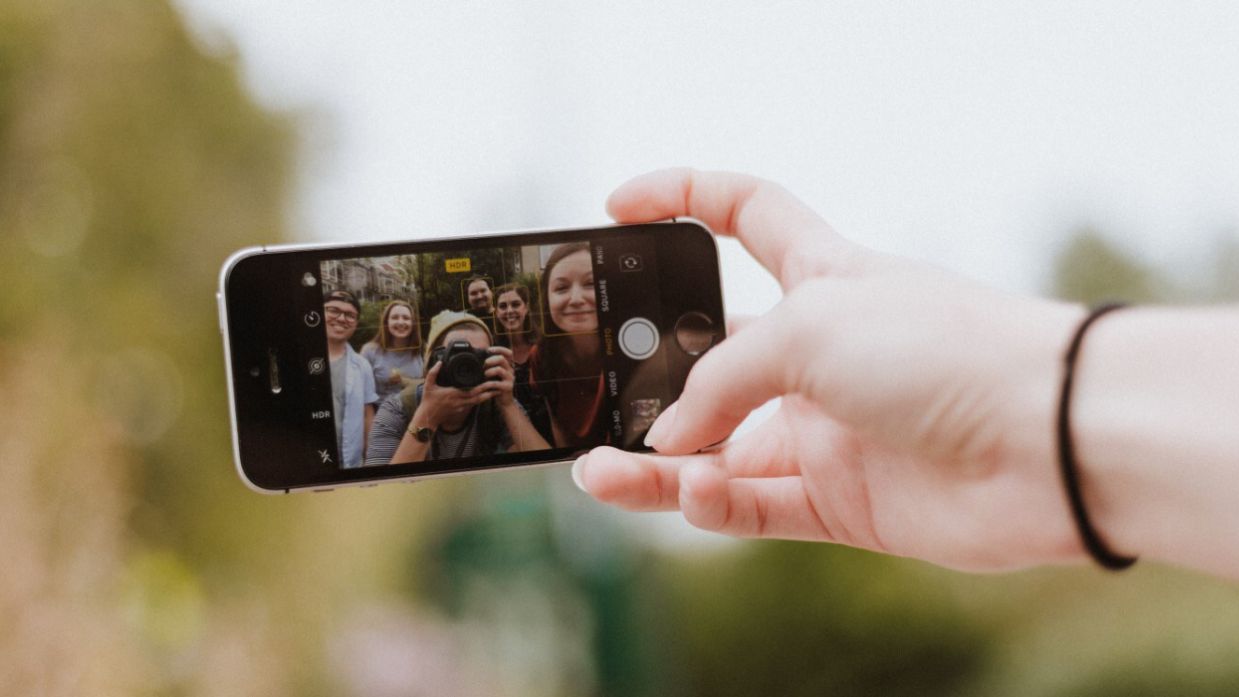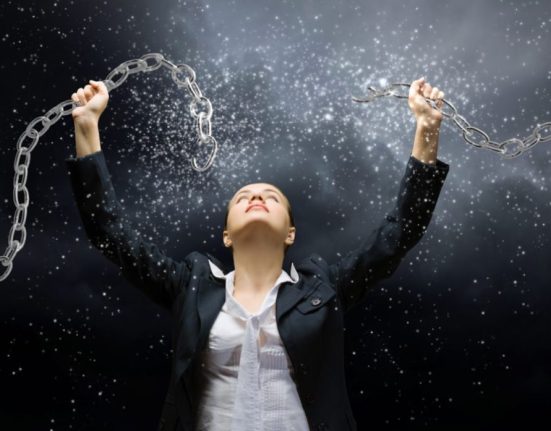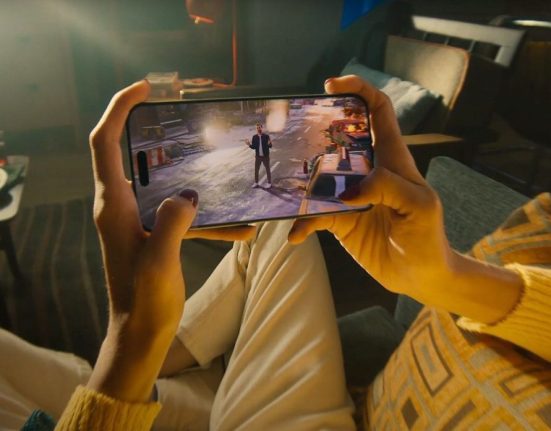People often encounter acquaintances who bombard their web channels with self-portraits in the digital age. Familiar to many, the customary practice is capturing close-up photographs featuring individuals exhibiting pouting lips and a variety of idiosyncratic facial expressions. Such behavior can be attractive or overbearing. You may ask why self-portraits are becoming more popular. The ‘Selfie Movement,’ a profound cultural upheaval, has changed our computer displays and daily lives.

Definition of a Selfie
The word ‘selfie’ has entered the Oxford English Dictionary due to its widespread use in today’s culture. The practice of taking self-portraits with a camera or smartphone held at arm’s length, colloquially known as ‘selfies,’ has exploded in popularity in recent years. From popular musicians such as Justin Bieber to influential political figures like President Obama, individuals from various domains are actively participating in this phenomenon. Social media platforms such as Instagram, Twitter, Facebook, and Snapchat serve as the virtual arenas where these digital self-representations are brought into existence.
The Underlying Objective of Self-Portraits
Why do people take selfies? What motivates them? Most people update friends and family on their life on social media. Nevertheless, the act of frequently sharing an abundant quantity of self-portraits on social media platforms may elicit inquiries regarding the underlying intentions of the individual involved. As an illustration, an individual experiencing the termination of a romantic relationship may exhibit a rapid increase in the frequency of posting self-portraits on their social media platforms, in an effort to get attention and affirmation at a period of emotional vulnerability. The emergence of the Selfie Movement has granted individuals the agency to meticulously shape and manage their virtual identities, thereby assuming the role of prominent figures within their respective online domains.
The Negative Aspects of Self-Portraits
Although selfies were first considered innocuous, their increasing popularity has resulted in a number of worrisome repercussions. Two specific narratives provide insight into the negative aspects of an excessive preoccupation with taking selfies. A professional in the field of reality television production, allocated a substantial sum of $15,000 towards undergoing cosmetic surgical procedures with the aim of augmenting her physical features, subsequent to persistently manipulating her self-portraits through digital means. The narrative of her experience serves as a prime illustration of individuals’ pursuit of attaining ‘Insta-celebrity’ status, as well as the significant influence that a solitary self-portrait may wield over one’s societal standing.

Next, we encounter the distressing narrative of Danny Bowman, a 19-year-old individual with aspirations of becoming a model, whose mental and emotional well-being deteriorated as a result of an unhealthy fixation on his physical appearance, triggered by derogatory remarks received through social media platforms.
The individual in question discontinued their formal education, devoted considerable time to capturing several self-portraits on a daily basis, and made an unsuccessful effort to end their own life. There has been a noticeable phenomenon, experts say, as a result of the widespread availability of camera phones: people feel compelled to take numerous self-photographs, or ‘selfies.’
The advent of the Selfie Movement has undoubtedly revolutionised our perception and representation of self in the contemporary digital era. The phenomenon under consideration serves as evidence of our inherent inclination towards establishing interpersonal bonds, seeking affirmation, and expressing our individuality.
Nonetheless, it is imperative to achieve a harmonious equilibrium between the act of sharing personal experiences and upholding a positive and well-rounded self-perception. It is important to acknowledge that each selfie represents a distinct and complex individual. It is advisable to capture a self-portrait if it brings about a sense of joy, while bearing in mind that one’s intrinsic value transcends the confines of a digital display.

Also Read: Unicorns, Myth, and Misinterpretation








Leave feedback about this